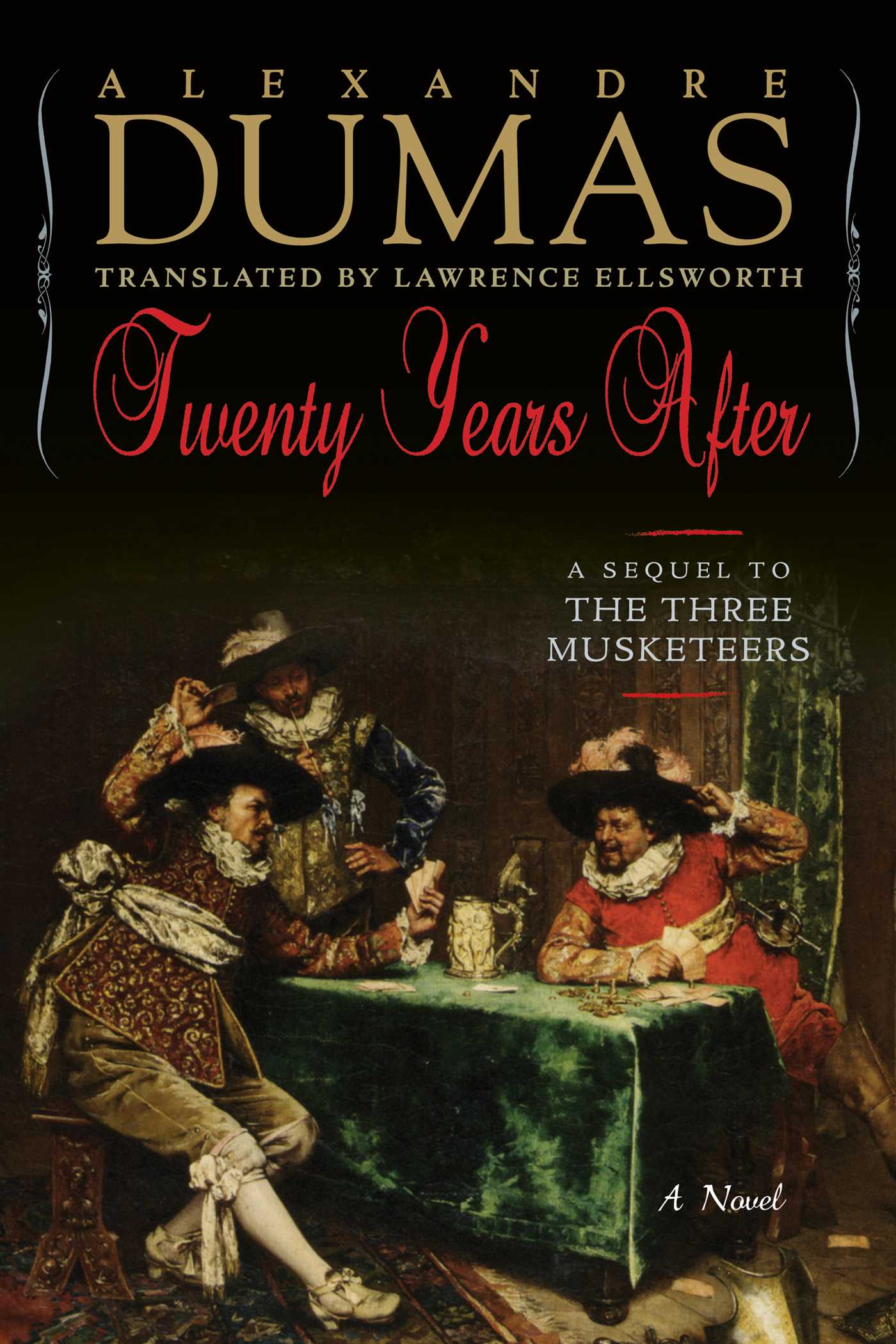Alexandre Dumas Books: A Comprehensive Exploration

Alexandre Dumas, a name synonymous with swashbuckling adventure and captivating historical fiction, remains one of the most widely read and celebrated French authors of all time. His prolific output, encompassing over 100,000 pages of novels, plays, memoirs, and essays, has captivated readers for generations and continues to inspire adaptations across various media. This exploration delves into the world of Alexandre Dumas’s literary works, examining his books, authorship, enduring cultural impact, and their enduring presence in libraries and communities worldwide.

1. The Diverse World of Alexandre Dumas’s Books
Dumas’s literary contributions span numerous genres, establishing him as a master storyteller with a remarkable range. His most famous works are undeniably his historical adventure novels, but his oeuvre extends far beyond this popular genre.
1.1 Genres and Subgenres: A Master of Many Tales
His most celebrated works fall under the umbrella of historical fiction, a testament to his skill in weaving meticulously researched historical detail into thrilling narratives. Within this genre, he excels at adventure stories, filled with daring escapades, daring heroes, and thrilling sword fights. Examples of this include The Three Musketeers, Twenty Years After, and The Vicomte de Bragelonne: Ten Years Later, collectively known as the D’Artagnan Romances. These novels follow the adventures of the charismatic D’Artagnan and his inseparable companions Athos, Porthos, and Aramis, against the backdrop of 17th-century France. These books are not simply historical recreations; they are exciting adventures infused with romance, intrigue, and suspense.

Beyond adventure, Dumas also ventured into the darker realms of drama and revenge. The Count of Monte Cristo is a prime example, a complex and intricate tale of betrayal, imprisonment, and meticulously planned retribution. This novel showcases Dumas’s mastery of plot twists and his exploration of themes such as justice, loyalty, and the corrosive effects of revenge.
Moreover, Dumas’s work extended to other genres. He penned plays that were highly successful during the Romantic movement, demonstrating his versatility as a writer. His literary exploration includes memoirs and travel writing that provide insights into his personal life and experiences. He even ventured into culinary writing, publishing a comprehensive culinary encyclopedia, Le Grand Dictionnaire de cuisine, showcasing his wide-ranging interests and talents.

1.2 Classics, Bestsellers, and New Releases: A Timeless Legacy
Many of Dumas’s works are considered classics of world literature, earning their place in countless anthologies and curricula. Their timeless appeal lies in their engaging storytelling, memorable characters, and exploration of universal themes that resonate with readers across generations. The Three Musketeers and The Count of Monte Cristo stand as perennial bestsellers, consistently captivating new audiences. While no “new releases” of previously unpublished Dumas works exist in the traditional sense, ongoing scholarship occasionally brings to light new editions or interpretations of his vast collection. The continued interest in Dumas’s work has also led to new adaptations and translations, ensuring his stories reach even wider audiences.
1.3 Book Reviews: Critical Acclaim and Popular Opinion
Dumas’s books have garnered both critical acclaim and widespread popularity. Critics praise his vivid descriptions, dynamic characters, and masterful plotting, while readers consistently highlight the addictive nature of his stories and the enduring appeal of his heroes. GoodReads and Amazon offer a vast repository of reviews for his various novels, providing insights into the perspectives of both casual and serious readers. These reviews reveal that Dumas’s work continues to resonate due to the human element in his historical contexts and compelling stories.
2. Alexandre Dumas: The Author Behind the Masterpieces
Understanding Dumas’s life and writing style is essential to appreciating his literary creations.
2.1 Biographies: A Life of Adventure and Contradictions
Alexandre Dumas was a larger-than-life figure, whose life mirrored the excitement and drama found in his novels. Born in Villers-Cotterêts, France, in 1802, he was of mixed race – his father, Thomas-Alexandre Dumas, a celebrated general in the French Revolutionary Army, was of African descent. This unique background significantly influenced his perspective and writing, informing his explorations of race and social injustice in his works. His personal life was marked by ambition, extravagance, and financial struggles. He was a prodigious writer, prolific in his output and deeply interested in historical accuracy (although he took liberties with historical facts in his fiction). Biographies of Dumas offer a fascinating glimpse into the life of a man who lived his own version of an adventure story. These accounts highlight his extraordinary creative energy and his complex relationship with collaboration.
2.2 Writing Style: A Master of Dramatic Storytelling
Dumas possessed a unique writing style that blends historical detail with dramatic flair and breathtaking action. His novels are characterized by their fast-paced narratives, vivid descriptions, and a focus on character development. He was a master of suspense, skillfully employing plot twists and cliffhangers to keep readers engaged. His dialogue is engaging and realistic, reflecting the social and cultural norms of his era. His style is generally considered accessible, which contributed to the popularity of his serial publications. While not always perfect in historical accuracy, Dumas emphasized vivid imagery and dramatic pacing to enhance the reader experience.
2.3 Inspirations and Famous Works: Sources of Creativity
Dumas’s inspirations were diverse, drawing from both historical events and personal experiences. His father’s life, his own journeys through France and other parts of Europe, and his interest in history and popular culture are evident in his works. His fascination with the French monarchy and its intrigues finds its way into the D’Artagnan Romances. The backdrop of the French Revolution is prevalent, and the themes of justice, revenge, and political conflict appear frequently throughout his work. His collaboration with Auguste Maquet, a historian and plotter, is noteworthy, where Maquet’s expertise in historical research and plotting complemented Dumas’s narrative skills and flair.
3. Reading and Learning from Alexandre Dumas
Beyond entertainment, Dumas’s works offer opportunities for enriching the mind and fostering personal growth.
3.1 Summaries and Educational Value: More Than Just Entertainment
Summaries of Dumas’s novels provide a concise overview of their plot and themes. However, a deeper exploration reveals their educational value. His works offer glimpses into the political and social dynamics of 17th and 19th-century France, providing historical context and insights into past eras. Furthermore, the numerous adaptations (films, TV series, and stage productions) of his novels make his work available to a broad audience. His works also serve as a rich source for exploring literary techniques and stylistic choices.
3.2 Life Lessons and Reading Habits: Inspiration and Reflection
Reading Dumas’s novels can be a rewarding experience beyond the thrill of adventure. His works offer insights into human nature, exploring concepts such as loyalty, betrayal, justice, revenge, and the complexities of morality. The choices and consequences faced by his characters provide valuable lessons for personal reflection. This exploration of morality and human nature makes his work enduring and thought-provoking. The serial nature of his publications at the time also contributes to the discussion on changing reading habits and the evolution of the novel as a medium.
4. Dumas in Libraries: Preservation and Accessibility
Dumas’s enduring legacy is reflected in the presence of his works in libraries around the globe.
4.1 Public Libraries and Digital Libraries: Wide Availability
Public libraries provide accessible avenues for readers to engage with Dumas’s classic novels. His books feature prominently in their collections, offering a pathway for readers of all backgrounds and ages. Digital libraries further enhance accessibility, making his works available online for free or through subscription services. This digital availability contributes to the ongoing relevance of his work and ensures his stories reach a broad audience.
4.2 Rare Collections and Archives: Preserving Literary History
Rare book collections and archives house first editions and manuscripts of Dumas’s works, preserving vital pieces of literary history. These collections play a crucial role in preserving the author’s work and understanding the historical context in which his literature was written. These resources are invaluable for scholars and researchers studying his literary and historical context.
5. The Cultural Impact of Alexandre Dumas’s Works
Dumas’s literary contributions have had a profound and lasting impact on culture worldwide.
5.1 Literary Influence: Shaping the Adventure Genre
Dumas’s influence on literature is undeniable. His historical adventure novels helped shape the modern adventure genre, inspiring countless other authors and setting a standard for storytelling. His memorable characters, fast-paced narratives, and intricate plots continue to influence contemporary writers, demonstrating the lasting impact of his style on various genres and literary styles.
5.2 Adaptations: From Stage to Screen
Dumas’s works have been the basis for hundreds of film, television, and theatrical adaptations, reflecting their enduring appeal and suitability for visual storytelling. These adaptations reach a vast audience, introducing new generations to his captivating tales.
5.3 Awards and Communities: Celebrating a Literary Giant
While Dumas may not have received many awards in the modern sense during his lifetime, his works have received numerous accolades and distinctions over time. His status as a literary giant is confirmed through ongoing publication and adaptation, as well as ongoing scholarly interest in his life and work. Communities of Dumas enthusiasts and scholars around the world dedicate themselves to celebrating his legacy.
In conclusion, Alexandre Dumas’s literary output constitutes a significant contribution to world literature. His books continue to be read and enjoyed by audiences around the globe, influencing new generations of writers and storytellers. The broad spectrum of his work, evident in its genre variety, enduring popularity, continuing adaptations, and preservation in libraries and communities globally, solidifies his legacy as a master storyteller whose impact will endure for years to come.